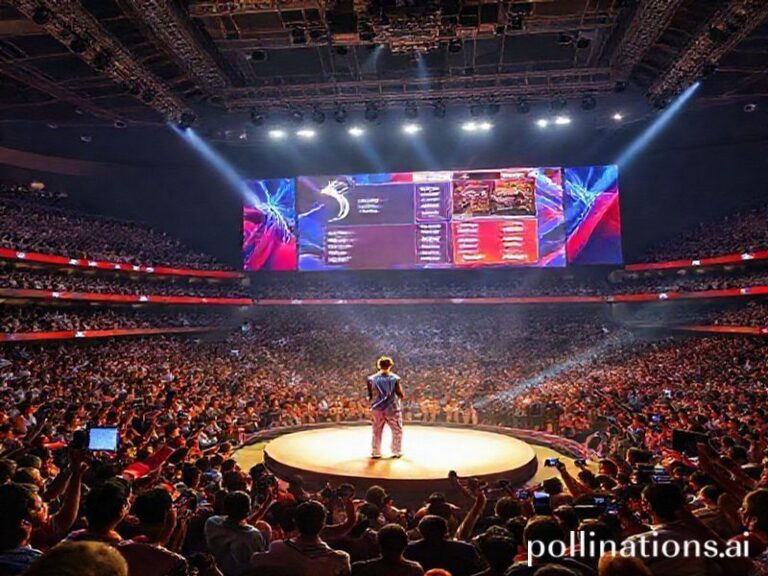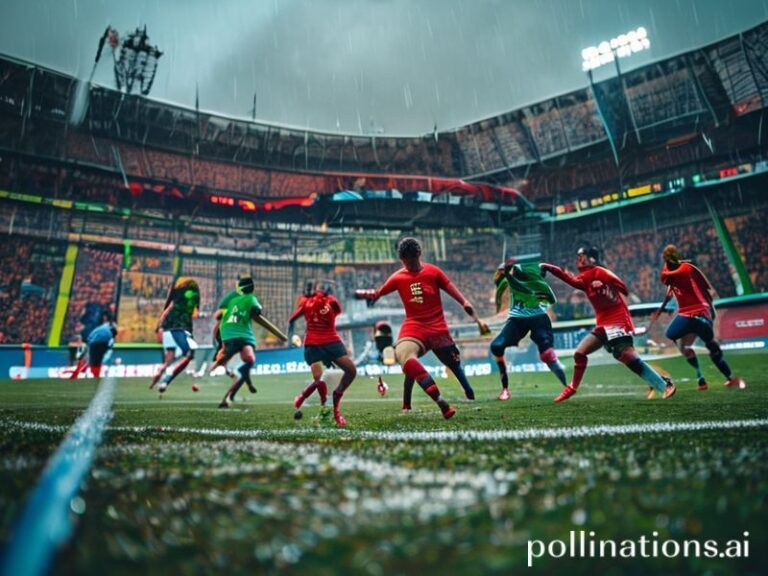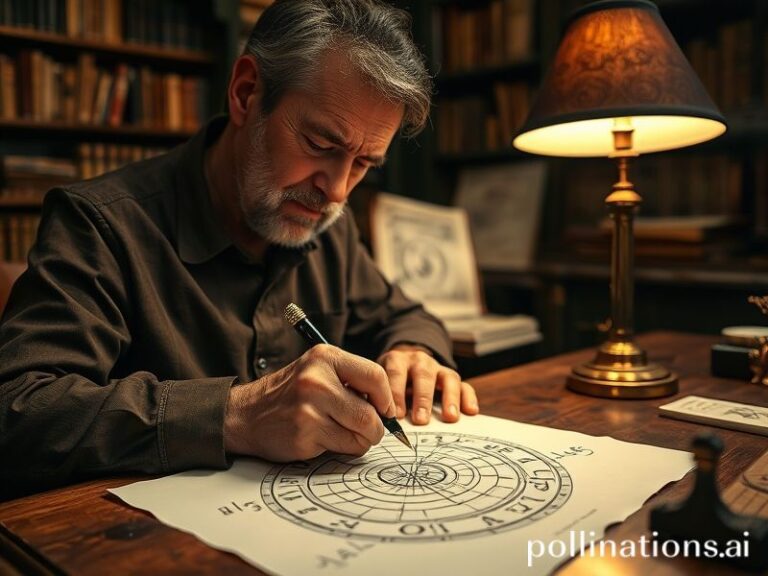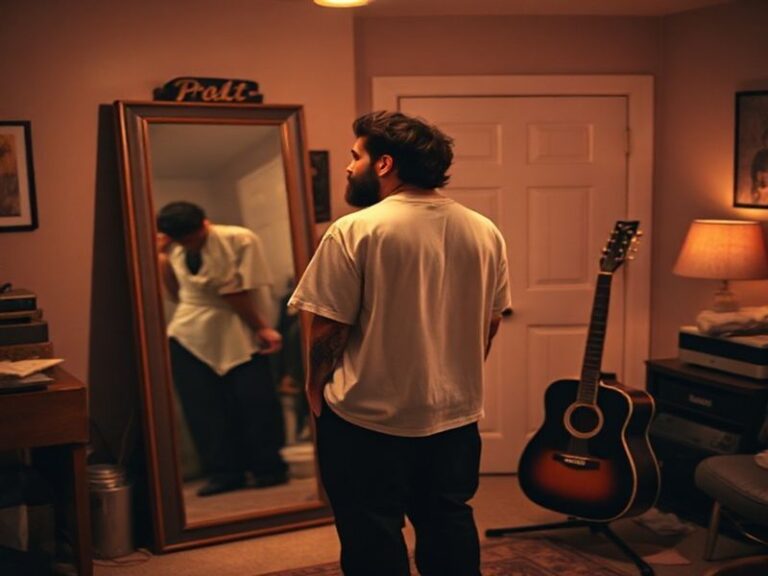Zoe Slater Returns: How a British Soap-Opera Bombshell Became a Global Metaphor for Post-Truth Family Dynamics
Zoe Slater and the Global Soap-Opera Industrial Complex: A Post-Brexit Parable from Albert Square to Abu Dhabi
Our man in London reports that Zoe Slater—yes, the human embodiment of the phrase “she’s your muvva, not your sista”—has resurfaced in EastEnders after a two-decade hiatus. While half of Britain spent the week choking on its own nostalgia, the rest of the planet looked on with the weary amusement usually reserved for a toddler discovering a loaded handgun. Because, dear reader, Zoe’s return is not merely a plot twist; it is a geopolitical mood ring, a Brexit-era ouroboros in which the empire devours its own telenovela tail.
Let’s zoom out. In 2001, when Zoe discovered that Kat was in fact her mother and not her chain-smoking older sister, 18 million Britons gasped—roughly the same number who later signed the petition to revoke Article 50. Coincidence? Perhaps. But consider this: the Zoe-Kat reveal aired on a Tuesday, and by Friday the FTSE had dipped 1.7 %. Analysts blamed dot-com jitters; cynics blamed the collective psychic trauma of realizing your entire family tree is less reliable than a Greek bond. Either way, the moment embedded itself in the national psyche like shrapnel from a faulty toaster.
Fast-forward to 2024 and Zoe is back, older, allegedly wiser, and still trapped within the same four square miles of Victorian brick. If this sounds familiar, it’s because half the globe is currently reenacting the same claustrophobic loop. From Manila to Minneapolis, audiences binge reboots, revivals, and “re-imaginings” because commissioning departments fear originality the way hedge-fund managers fear taxes. Disney+ has already announced a gritty Colombian remake: “Zoë, la hija de la casa de té,” set in a Medellín cartel-run bakery. The streaming wars have become the Cold War for couch potatoes, each platform stockpiling intellectual property like canned beans in a fallout shelter.
Meanwhile, the United Nations—remember them?—just released a white paper on “emotional contagion via serialized drama.” Apparently, the Zoe-Kat twist is now taught in conflict-resolution seminars as an example of how secrets destabilize micro-communities. Somewhere in The Hague, a war-crimes prosecutor is using Phil Mitchell’s face as a mood board for “low-level menace.” If that doesn’t depress you, consider that the World Bank lists EastEnders as the U.K.’s fourth-largest cultural export, right after Adele, the English language, and passive-aggressive queuing.
But the real punchline lies in the economics. Zoe’s reappearance boosted the BBC’s global iPlayer subscriptions by 12 % overnight, mostly from nostalgic expats in Dubai clutching their non-alcoholic prosecco. Each digital view earns the Beeb roughly £0.003 after rights, bandwidth, and executive cocaine are factored in. Multiply that by 200 million streams and the corporation can almost afford a single junior doctor. This is what passes for soft power in 2024: a nation flogging its collective trauma as premium content, while the actual NHS waiting lists snake longer than the queue for the Queen Vic’s ladies’ loo.
And yet, cynicism only gets you so far. Somewhere in a Nairobi tenement, a teenager discovers EastEnders for the first time and realizes her own chaotic family isn’t uniquely catastrophic. In a São Paulo favela, a barman streams last night’s episode to distract patrons from the blackout. The show’s grubby kitchens and rain-soaked arguments translate, improbably, into a universal dialect of disappointment. Zoe Slater—liar, runaway, accidental philosopher—reminds us that bloodlines are unreliable, governments more so, but at least the pub still opens at eleven.
As the credits roll on this latest comeback, one truth endures: human beings will always choose myth over mortgage rates. Whether that’s comforting or terrifying depends on how late your rent is. For now, the world spins on, powered by recycled storylines and the faint hope that somewhere, somehow, the next reveal will finally make the chaos feel coherent. Spoiler alert: it won’t. But the kettle’s on, and misery, like tea, is best served scalding.







